
If you’ve ever wanted to take up sewing but found yourself questioning whether you can sew without a pattern, the answer is a resounding “Yes!” While sewing with a pattern is the traditional and commonly followed approach, venturing into patternless sewing can be an exciting and rewarding experience.
Embracing Creativity and Uniqueness
One of the advantages of sewing without a pattern is the opportunity it provides for creativity and individuality. Without a pattern, you have the freedom to experiment with various fabrics, designs, and styles, allowing you to create one-of-a-kind pieces that truly reflect your personal style.
Patternless sewing can open up a whole world of possibilities. It allows you to explore your imagination and create garments or accessories that are tailored specifically for you, rather than conforming to standardized patterns.
Improving Your Sewing Skills
Sewing without a pattern can also be an excellent way to enhance your sewing skills. Working without a set template forces you to rely on your understanding of garment construction, fabric drape, and basic sewing techniques. This approach encourages you to think critically and problem-solve, which in turn helps you grow as a seamstress.
By challenging yourself with patternless sewing, you can gain a deeper understanding of sewing techniques and develop your ability to make adjustments on the fly. Over time, you’ll improve your sewing skills as you become more comfortable with creating unique pieces without relying on step-by-step instructions.
Tips for Sewing Without a Pattern
- Start with simple projects: Begin your patternless sewing journey by choosing simple projects like scarves, tote bags, or pillowcases. These items have straightforward shapes and don’t require complex tailoring.
- Measurements are key: Accurate measurements are crucial when sewing without a pattern. Take precise measurements of your body or the item you’re creating to ensure a proper fit.
- Prototype with inexpensive fabric: Before cutting into expensive or cherished fabrics, consider making a prototype using inexpensive materials. This way, you can perfect your design and make any necessary adjustments without wasting valuable fabric.
- Be prepared to make changes: Since you won’t be following a pre-determined pattern, be ready to make alterations and adjustments as you go. This adaptability is a significant advantage when sewing without a pattern.
- Embrace mistakes as learning opportunities: Sewing without a pattern involves some trial and error. Don’t be discouraged by mistakes; instead, view them as valuable learning opportunities that will help you improve your skills.
Conclusion
While sewing with patterns can be helpful, sewing without a pattern allows you to unleash your creativity, develop your skills, and create unique designs that reflect your personal style. Don’t be afraid to explore this exciting realm of patternless sewing and embrace the freedom it offers. With practice, you’ll become confident in your ability to sew without patterns and enjoy the endless possibilities it presents.
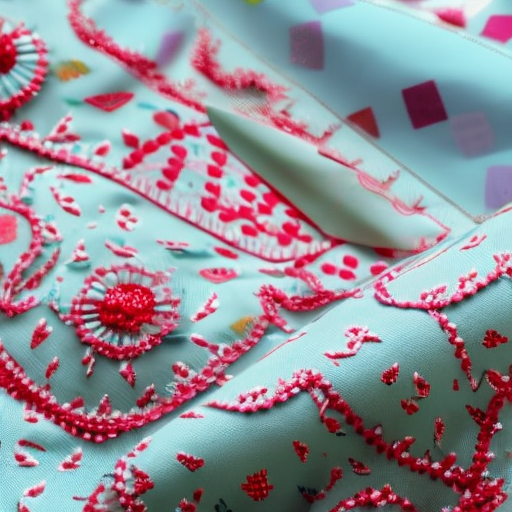
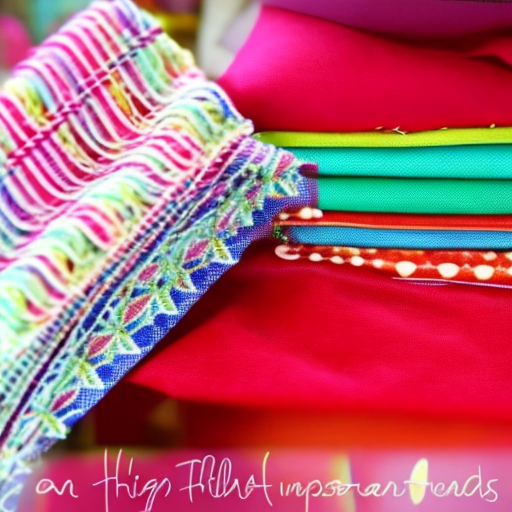
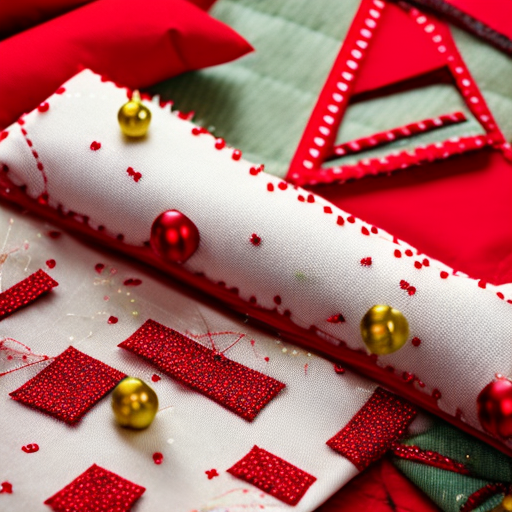
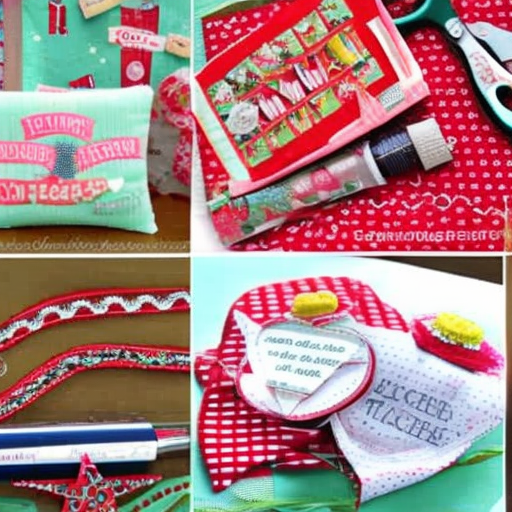
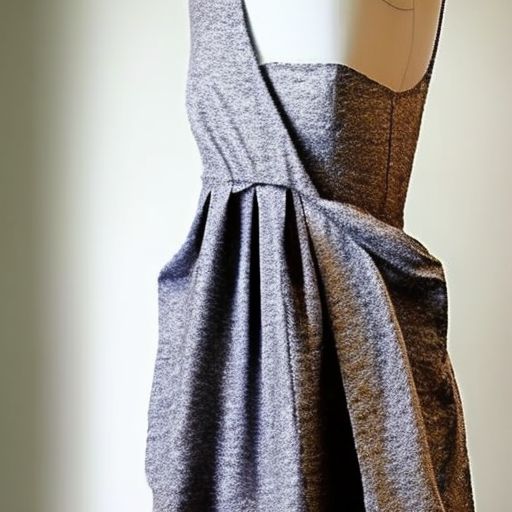
Absolutely! You can practice your sewing skills by creating something completely from your own imagination. Check out some tutorials online for ideas and tips on how to do this.
Indeed! With a bit of creativity and some trial & error, you can easily learn how to sew without a pattern. Plus, you’ll have fun in the process!
Agnes Cooley: Definitely! Sewing without a pattern can be a great way to unleash your creativity and explore your capabilities. You’ll also learn a great deal in the process.